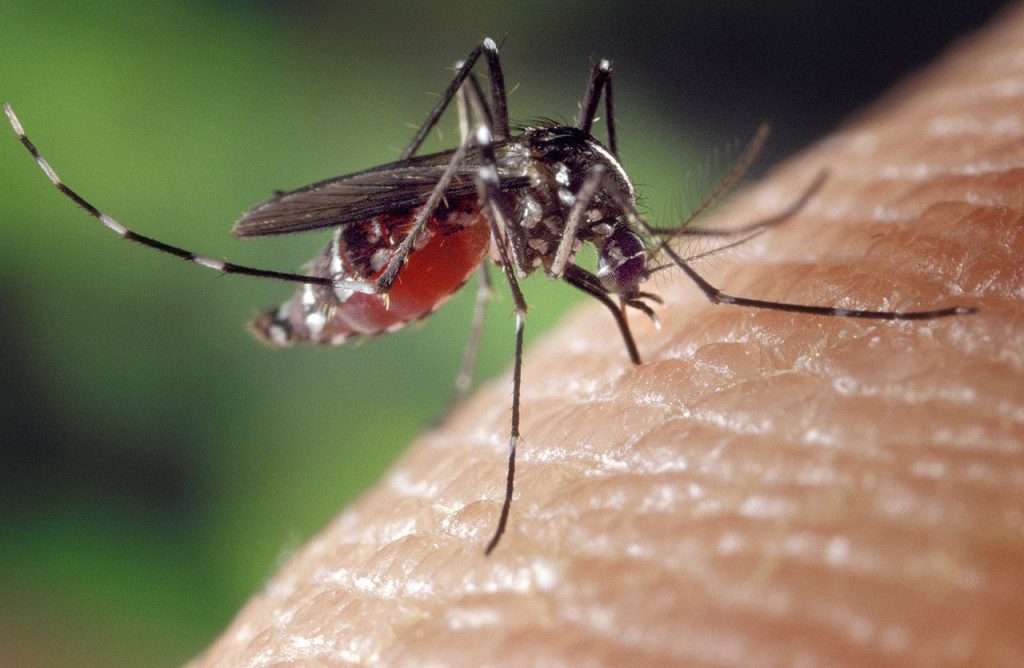 The deadly Asian Tiger mosquito is set to invade Essex this summer.
The deadly Asian Tiger mosquito is set to invade Essex this summer.
We’ve a little while to wait, but the long sunny days, the blue skies and enjoying more time outside in the fresh air will soon be what we fill our spare time with. There are certain pests that cause a lot of stress and annoyance in the warmer months however, the main pest being mosquitoes.
Mosquitoes tend to be a problem in warmer climates, because warmer weather makes it easier for them to breed. To prevent being bitten, it’s important to wear a good repellent and to wear light cover-up clothing to make it harder for mosquitoes to get in and bite.
To stop mosquitoes from breeding, sites should be regularly inspected and insecticide should be sprayed where there is an outbreak. It’s also important to ensure all standing water is emptied regularly and to keep outside areas free from waste items where water may collect. This includes emptying buckets and paddling pools, covering water butts and turning plant pots and other outdoor containers upside down to prevent water from collecting. Small ponds should also be emptied regularly, or covered with a special mosquito net fabric.
If the problem worsens or persists, or you think you have spotted a Tiger mosquito, it may be time to call in the experts to deal with the situation. Colchester pest control can provide comprehensive, professional and reliable services to help eradicate pests and prevent re-infestations from happening.
The latest equipment and most effective chemicals will be used to disband the scourge to achieve great results.
Experts have warned recently however, that mosquitos carrying deadly diseases could be heading to Essex this summer.
The Asian Tiger mosquito, which can transmit a variety of deadly infections including the Chikungunya virus, were found in the UK for the first time in Kent in 2016, brought in on lorries that have travelled the world.
The Asian Tiger mosquito has black and white stripes on its abdomen and legs, and is known to bite throughout the day, as opposed to just in the evenings like other species. They can carry a number of human diseases, and are responsible for outbreaks of Chikungunya in France and Italy.
For those who are unfortunate enough to be bitten by the Asian Tiger, symptoms include a sudden onset of fever and joint pain, with symptoms ranging from mild or non-existent to severe. Other symptoms can also include muscle pain, headaches, nausea, fatigue and rashes. The joint pain can be very debilitating, buy usually ends within a few days or weeks.
Most patients make a full recovery. In some cases however, joint pain and arthritis may persist for several months or even years. Serious complications are not common, but in older people the disease can contribute to the cause of death.
Chikungunya was first discovered in Africa, although human infections remained low for several years. In 2014, 295 cases of Chikungunya were reported in EWNI (England, Wales and Northern Island), of which 88% had acquired their infection in the Caribbean and South America.




